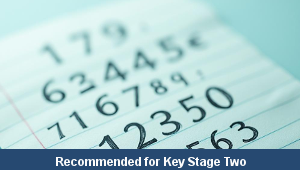Lesson Four – Story Lists

This English teaching pack for Key Stage Two gets the children to select and compile lists of adjectives that can be used to describe some of the nouns matching a specific setting in a narrative story.
The class can explain and model how to use a thesaurus to select powerful vocabulary that are matching synonyms for different words that can be used to describe story settings.
Download this teaching pack including a lesson plan, classroom activities and an interactive presentation to select and compile lists of adjectives that can be used to describe some of the nouns matching a specific setting in a narrative story
Activities in this teaching pack include a differentiated set of worksheets to select and compile lists of adjectives that can be used to describe nouns matching different settings that can feature in stories when composing expanded noun phrases.
The interactive presentation gets the children to explore how to compile lists of adjectives that can be used to describe nouns matching a specific story setting.
This lesson is part of an English scheme of work to get the children to investigate narrative techniques used by authors to describe story settings, practise building words by adding the suffix ed to words with stressed final syllables and extend sentences using conjunctions. There are teaching activities for shared learning, differentiated worksheets to support independent learning and interactive presentations to introduce concepts and key skills.
-

Maths Arithmetic Assessment
Assess abilities in solving arithmetic number problems for addition, subtraction, multiplication and division when working with informal and formal written calculations
-

Environment
Identify and describe some of the special landscapes and locations that can be found in the world and reflect on how they can be protected and preserved for the future
-

Silent Letter Words
Explore and illustrate the meanings and spellings of some different words with silent letters when using them in a range of topics and scenarios
-

Complaint Letters
Explain and model how to format and structure writing when composing letters of complaint about different issues and scenarios
